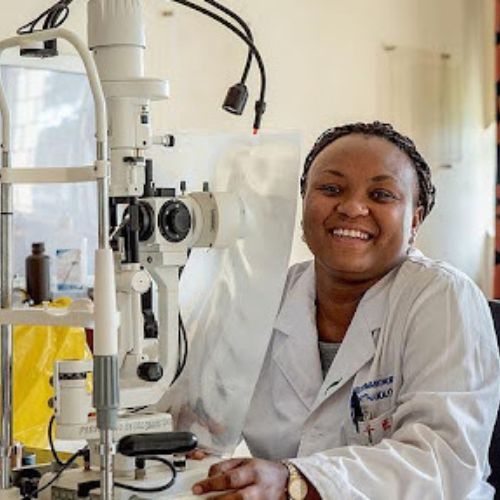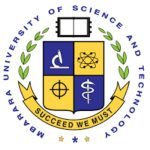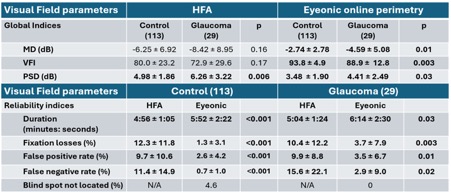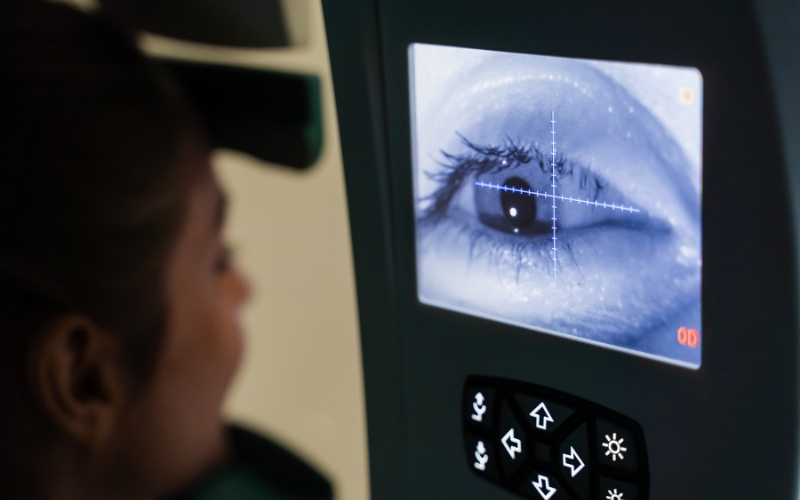In 2019, the journey began with our CEO, Dr. Simon Skalicky, an esteemed Ophthalmologist from Melbourne, Australia. Driven by a deep passion to enhance the visual field testing experience for his patients, Simon embarked on a mission to create an innovative online application, aiming to liberate visual field testing from the constraints of traditional testing equipment, offering a more accessible and enjoyable solution for patients.
In March, Dr. Skalicky crossed paths with Dr. Deus Bigirimana, an ophthalmologist newly relocated to Melbourne from Burundi. They soon formed a good friendship and professional collaboration fuelled by their shared interests.
Passionate about improving glaucoma services in Africa, Dr. Bigirimana was pained by the sparse testing resources in African hospitals, which results in glaucoma often undetected or inadequately treated. In many African regions, Visual Field testing was non-existent in routine clinical care, only available in some big hospitals. With a vision for change, he believed that the Eyeonic Project could help revolutionise routine clinical care by eliminating the need for costly testing machines.

Dr. Deus Bigirimana

Dr. Honorine Nizeyimana
Fast forward to 2021/2022, the Eyeonic technology was developed to be ready for use around the world. Dr. Bigirimana then coordinated a pivotal meeting that connected Dr. Skalicky with two people – Dr. Honorine Nizeyimana, an ophthalmology trainee who was working at the Mbarara University of Science and Technology in Uganda; and Dr. Simon Arunga, Honorine’s supervisor and esteemed Glaucoma specialist in East Africa. Both Honorine and Dr. Arunga proved to be highly valuable to the project later.
Upon Dr. Skalicky’s explaining and demonstration of the technology, Honorine and Dr. Arunga decided to make her master’s project about validating this technology in the African context. Despite bureaucratic hurdles and funding challenges, their determination prevailed. After a few months’ perseverance and proactive communications with the Ethics Committee about this novo technology, the project was finally approved and sufficiently funded. It kicked off aiming to collect data on 100-150 patients with a mix of glaucoma and control.
Two weeks in, just as the team was feeling optimistic about the outlook as the data was looking promising, the disaster stuck.

Dr. Simon Arunga

Unbelievable as it sounds, the hospital’s visual field testing machine caught fire and suffered irreparable damage. This unforeseen incident brought Honorine’s project to a halt, as the equipment was essential to generate standard perimetry testing results needed for comparisons. Undeterred by this setback, the team pivoted by utilising the machine in Dr. Arunga’s private clinic instead. The solution required relocating all the patients to the clinic instead of the hospital. Despite of the logistics and cost challenges, they persevered through setbacks and continued recruiting patients and collecting data at an impressive pace.

Patient performing the online visual field test using the Eyeonic platform

Cross sectional study, in clinic, Uganda. Eyeonic online visual field compared to HFA. 113 controls; 29 glaucoma patients. Right eye data analysed.
This journey of resilience, passion, and collaboration exemplifies the power of determined individuals united by a common mission. Together, we are rewriting the narrative of eye care in Africa, one breakthrough at a time.

